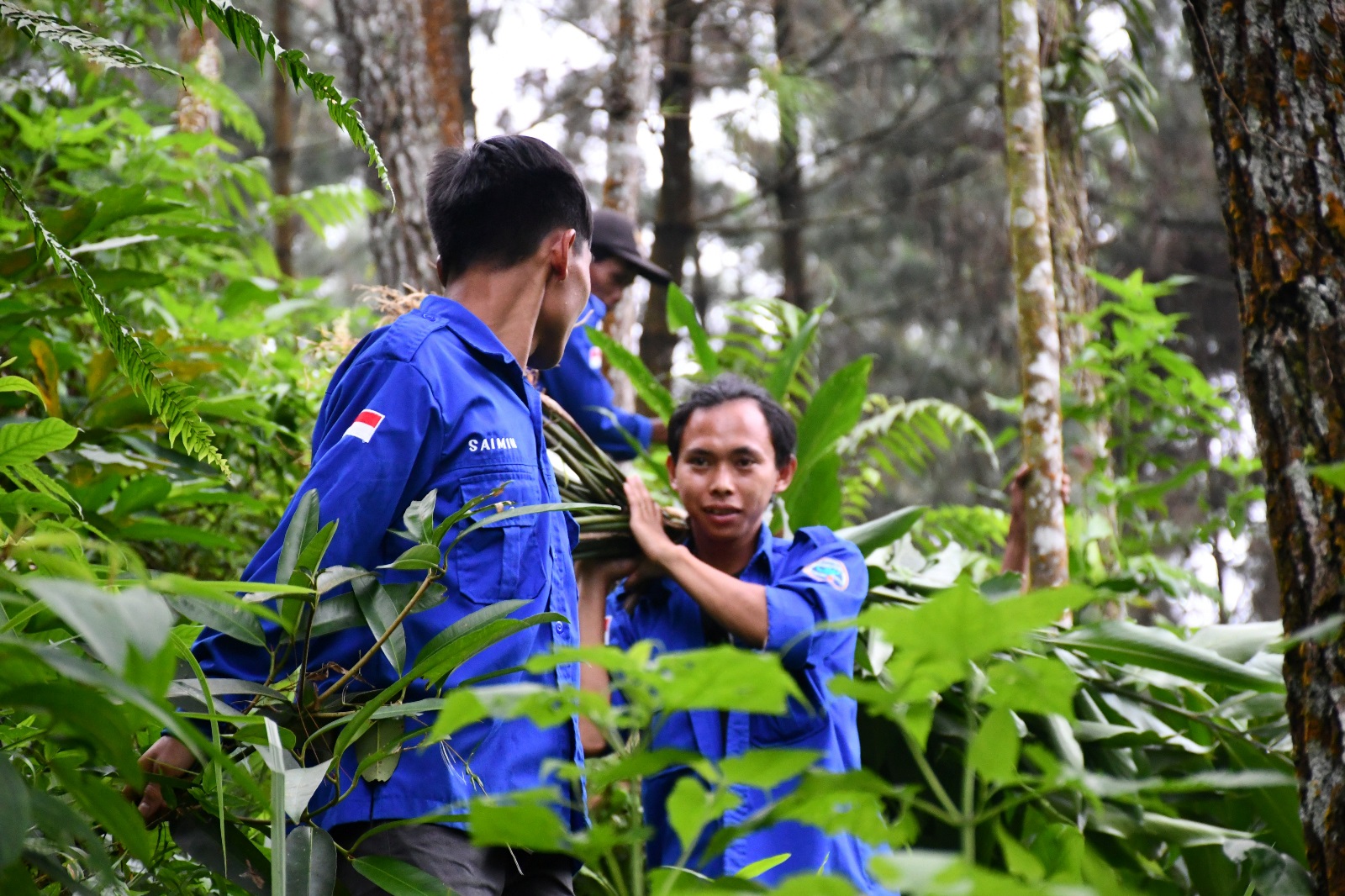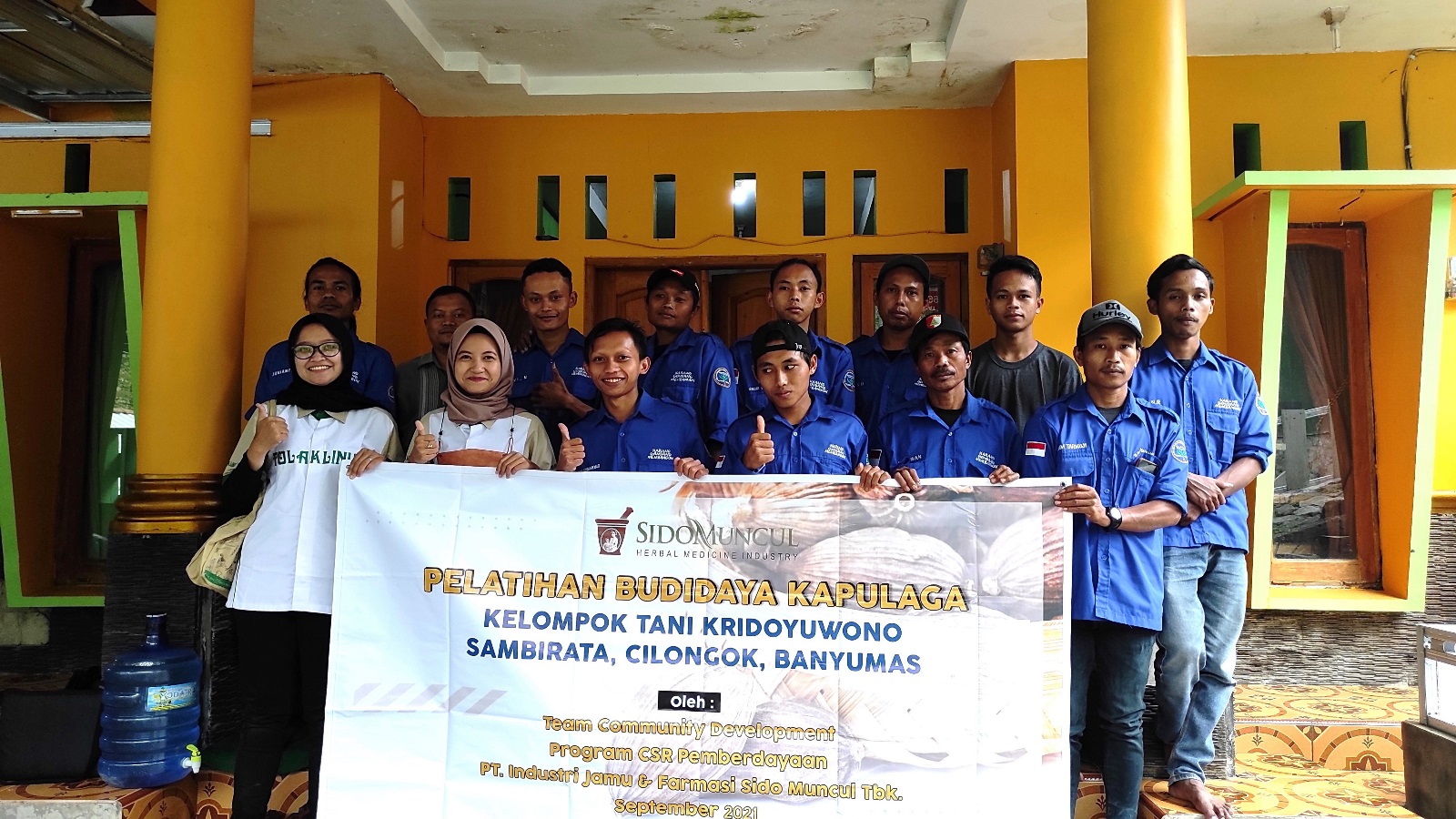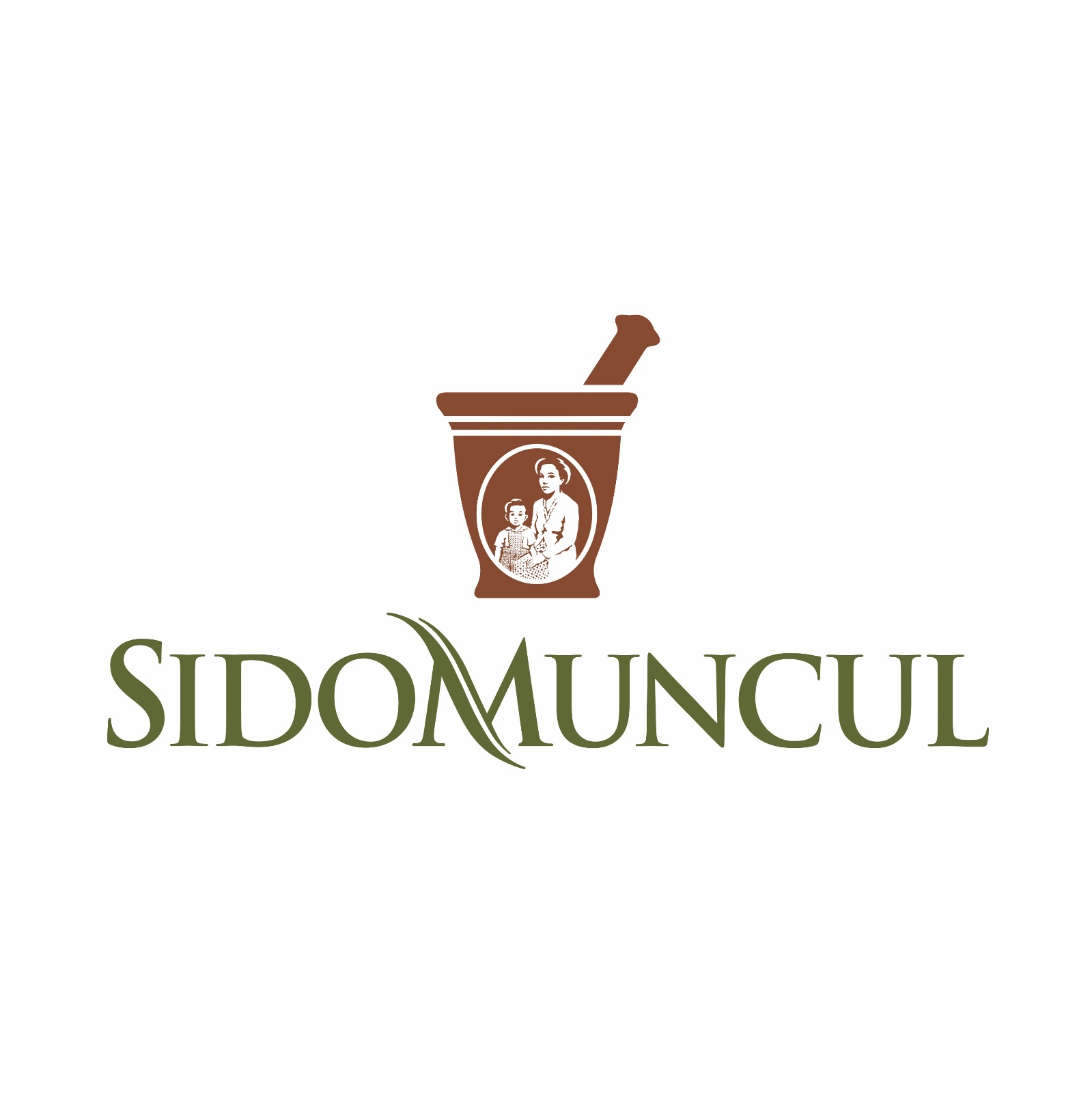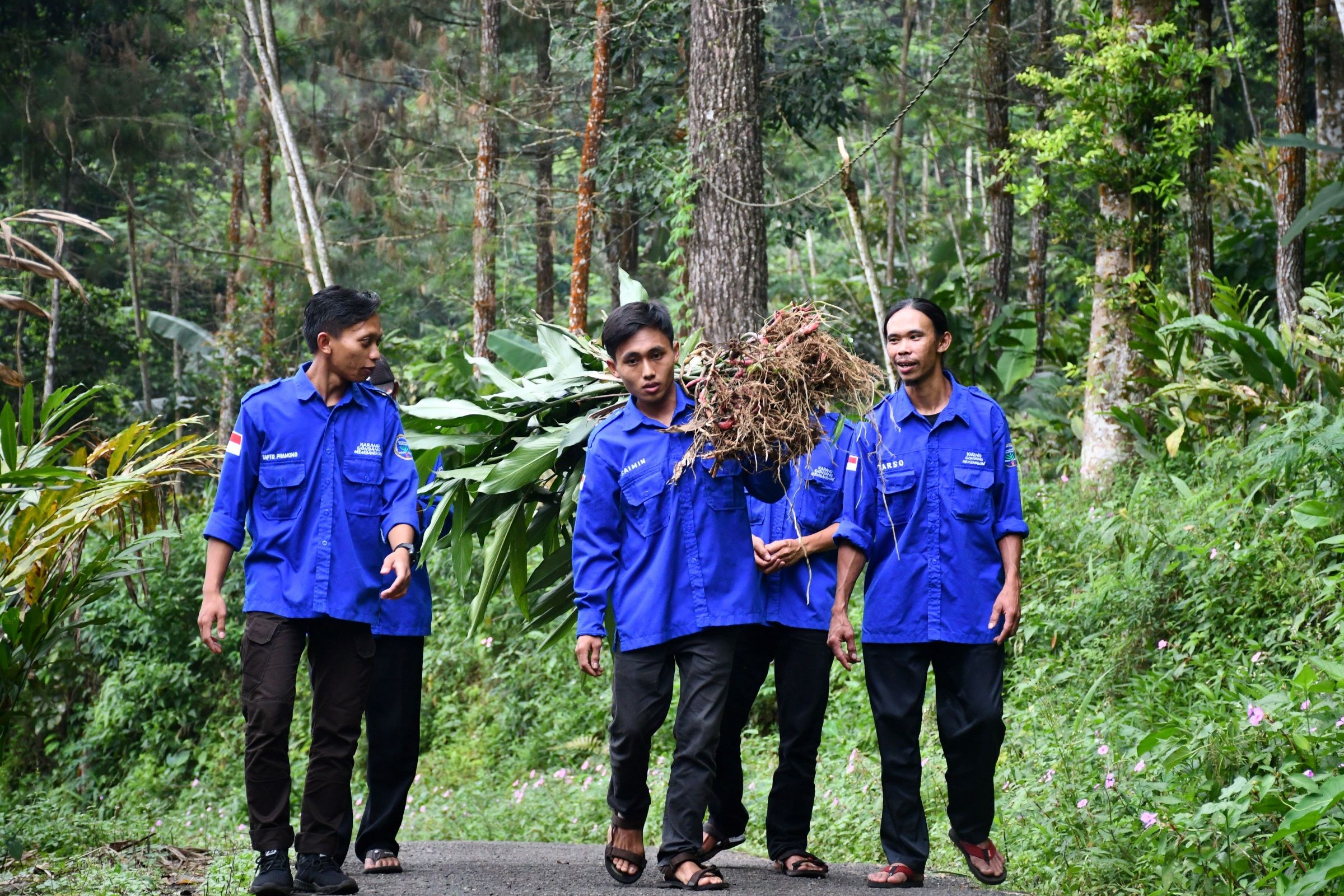Supporting farmers to bolster herbal medicine supply chains
As the largest herbal Jamu and Herbal medicine manufacturer in Indonesia, a country with abundant resources, we at Sido Muncul aim to be a pharmaceutical, traditional medicine, health, food and beverage, and herbal ingredient-processing company that benefits the community and environment.
With the worsening effects of climate change, we understand that our business continuity will inevitably come under threat, given that we source most of our ingredients locally. As such, we developed a sustainable policy that balances economic, social and environmental parameters. As part of the policy, we identified sustainable sourcing as a key risk.
The sustainability of Indonesia’s supply chain is threatened by the declining harvest quality and dwindling number of farmers. The livelihood of local farmers is severely impacted by climate change and extreme weather conditions, which have been affecting harvest quality and increasing the harvest failure rate. The number of farmers has also been declining each year and could dip further, with 91% of farmers above 40 years of age. Farming as a career is also becoming less attractive to younger generations owing to income instability and lower prestige. The future of Indonesia’s agriculture industry remains uncertain. To support the industry, we source high-quality ingredients from local farmers to create our products.
Focus groups and training for local farmers
To support the community of farmers, we started the Sambirata Spice Village project at the end of 2019. Before we embarked on this project, we conducted social mapping and focus group discussions with local groups and leaders to determine the problem properly and to design the project. We found that Sambirata is an underdeveloped village in Central Java with great potential to cultivate cardamom, one of the key ingredients for our products. It was a good opportunity for us to be a facilitator and off-taker that provided them with a fair and beneficial market. With this arrangement, farmers are assured of sales during cultivation and the post-harvest period.
Fundamentally, Sambirata Spice Village project aimed to not only improve the farmers’ skills but also encourage them to build their community with circularity and sustainability in mind. This approach of “creating shared value,” as we’ve named it, is a result of the Fostered Farmer Programme we first introduced in 2000.
We found that while most farmers had basic knowledge and skills to process their harvests, the quality had yet to match industry standards. Chemical fertilisers that could damage the land and ecosystem were still widely used. We thus held training on cardamom cultivation based on Indonesia's Ministry of Agriculture Good Agriculture Practices Procedure on Cardamom Cultivation, eco-agroforestry planting practices, post-harvest treatment, and technical training on maintenance and repair of cardamom dryers.
These cardamom dryers were built together with local government and farmer groups in 2020. The patented micro hydro dryer system is equipped with spinner machines and rotary dryers that would help the farmers be less dependent on sunlight. The tool, powered by water, plays a critical role in ensuring the quality of cardamom, especially amidst uncertain weather.

Cardamom thrives in partial shade environment and can grow as high as 2 metres tall
To execute the Sambirata Spice Village project, we collaborated with 245 senior farmers from the Kridoyuwono Farmers Group, who managed 30 hectares of land. We also collaborated with Perhutani, a state-owned enterprise that managed 571.9 hectares of surrounding forest. The vast forest is ideal for cardamom cultivation using eco-agroforestry. We leveraged the forest land without cutting any trees and planted the cardamom under the strands of banana trees, using them as a shade to help maintain humidity, creating the perfect conditions for growing cardamom. This system was verified by one of Indonesia’s top universities, Jenderal Soedirman University, back in 2021.
We also facilitated the creation of a microbusiness run by a group of local women to process the bananas into snacks. Furthermore, we encouraged the farmers to create organic fertiliser from banana peels and cattle manure. In addition to reducing costs, this effort would be good for the environment.
A fair and beneficial market for farmers
In Sambirata we not only tackle economic challenges but also social and environmental challenges. By giving the farmers a fair and stable market, we uplift the local economy and encourage the younger generation to step in. Coaching, training and technical assistance are done continuously to enable Sambirata to become a sustainable village.

Our community development team with Kridoyuwono Farmers Group at the end of their training session
Until the end of 2022, this project has boosted the village economy by IDR7 billion (USD445,690) from cardamom cultivation. In a span of six months, the villagers also generated IDR6 million from the sales of banana snacks and IDR16 million in cost savings from organic fertiliser sales. As a result of the programme, 41 families (55%) were no longer considered “poor and underprivileged” by the government. Progress is expected to continue, with 31 more families to be uplifted, bringing the total impact to 91% of families in the “poor and underprivileged” category. The Sambirata Spice Village project is also contributing to seven United Nations Sustainable Development Goals (Goals 1, 2, 4, 7, 8, 12 and 13) and has been verified by the SDGs Center of Diponegoro University.
Enabling community empowerment across Indonesia
The scale of this project continues to grow. We started the project with zero young farmers, and now we managed to attract 42. The number of senior farmers also increased by 37, bringing the total to 282 senior farmers. We also doubled the land under management by our farmers group from 30 to 70 hectares. In the future, we plan to expand the scope and explore many opportunities to develop the tourism sector in the village.
This project is only one of our contributions to uplift community and promote sustainable agriculture. We are committed to adapting the same approach towards other villages in Indonesia.

Sido Muncul (SIDO) is Indonesia's largest herbal medicine manufacturer, drawing on over 70 years of industry experience. Recognized for its top-quality products and best in class production facility, SIDO has established a robust brand presence, and become top of mind for Indonesian consumers. Operating through a network of over 120 distribution centres across the nation, SIDO maintains market leadership by prioritizing innovation and a dedicated focus on community and environmental well-being.
Learn more about PT Industri Jamu Dan Farmasi Sido Muncul through their website. To collaborate or connect, reach out directly to our SL25 team.
Connect














